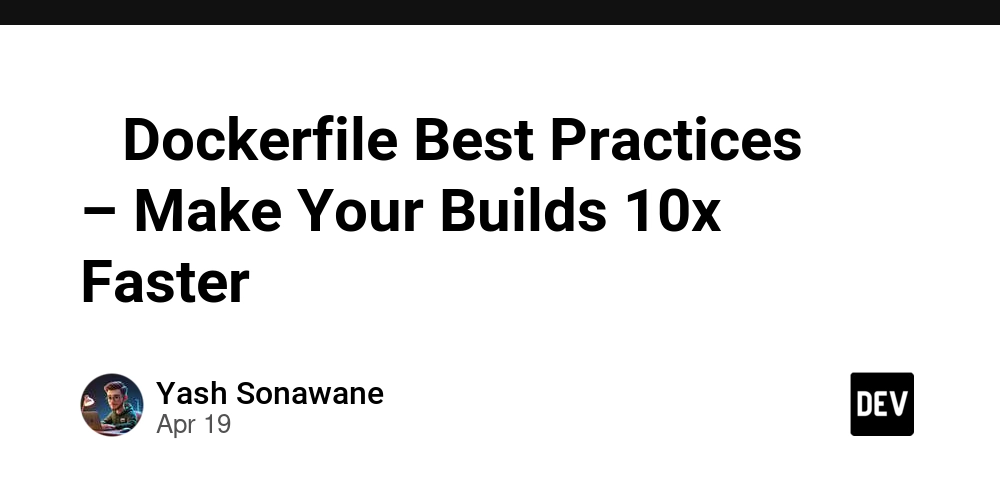Wikipedia is giving AI developers its data to fend off bot scrapers
Wikipedia is attempting to dissuade artificial intelligence developers from scraping the platform by releasing a dataset that’s specifically optimized for training AI models. The Wikimedia Foundation announced on Wednesday that it had partnered with Kaggle — a Google-owned data science community platform that hosts machine learning data — to publish a beta dataset of “structured […]


Wikipedia is attempting to dissuade artificial intelligence developers from scraping the platform by releasing a dataset that’s specifically optimized for training AI models. The Wikimedia Foundation announced on Wednesday that it had partnered with Kaggle — a Google-owned data science community platform that hosts machine learning data — to publish a beta dataset of “structured Wikipedia content in English and French.”
Wikimedia says the dataset hosted by Kaggle has been “designed with machine learning workflows in mind,” making it easier for AI developers to access machine-readable article data for modeling, fine-tuning, benchmarking, alignment, and analysis. The content within the dataset is openly licensed, and as of April 15th, includes research summaries, short descriptions, image links, infobox data, and article sections — minus references or non-written elements like audio files.
The “well-structured JSON representations of Wikipedia content” available to Kaggle users should be a more attractive alternative to “scraping or parsing raw article text” according to Wikimedia — an issue that’s currently putting strain on Wikipedia’s servers as automated AI bots relentlessly consume the platform’s bandwidth. Wikimedia already has content sharing agreements in place with Google and the Internet Archive, but the Kaggle partnership should make that data more accessible for smaller companies and independent data scientists.
“As the place the machine learning community comes for tools and tests, Kaggle is extremely excited to be the host for the Wikimedia Foundation’s data,” said Kaggle partnerships lead Brenda Flynn. “Kaggle is excited to play a role in keeping this data accessible, available, and useful.”



































































![Apple Watch Series 10 Back On Sale for $299! [Lowest Price Ever]](https://www.iclarified.com/images/news/96657/96657/96657-640.jpg)
![Apple Slips to Fifth in China's Smartphone Market with 9% Decline [Report]](https://www.iclarified.com/images/news/97065/97065/97065-640.jpg)
![EU Postpones Apple App Store Fines Amid Tariff Negotiations [Report]](https://www.iclarified.com/images/news/97068/97068/97068-640.jpg)












![What’s new in Android’s April 2025 Google System Updates [U: 4/18]](https://i0.wp.com/9to5google.com/wp-content/uploads/sites/4/2025/01/google-play-services-3.jpg?resize=1200%2C628&quality=82&strip=all&ssl=1)





























































































_Andreas_Prott_Alamy.jpg?width=1280&auto=webp&quality=80&disable=upscale#)






















































































![[The AI Show Episode 144]: ChatGPT’s New Memory, Shopify CEO’s Leaked “AI First” Memo, Google Cloud Next Releases, o3 and o4-mini Coming Soon & Llama 4’s Rocky Launch](https://www.marketingaiinstitute.com/hubfs/ep%20144%20cover.png)









































































































































































































































